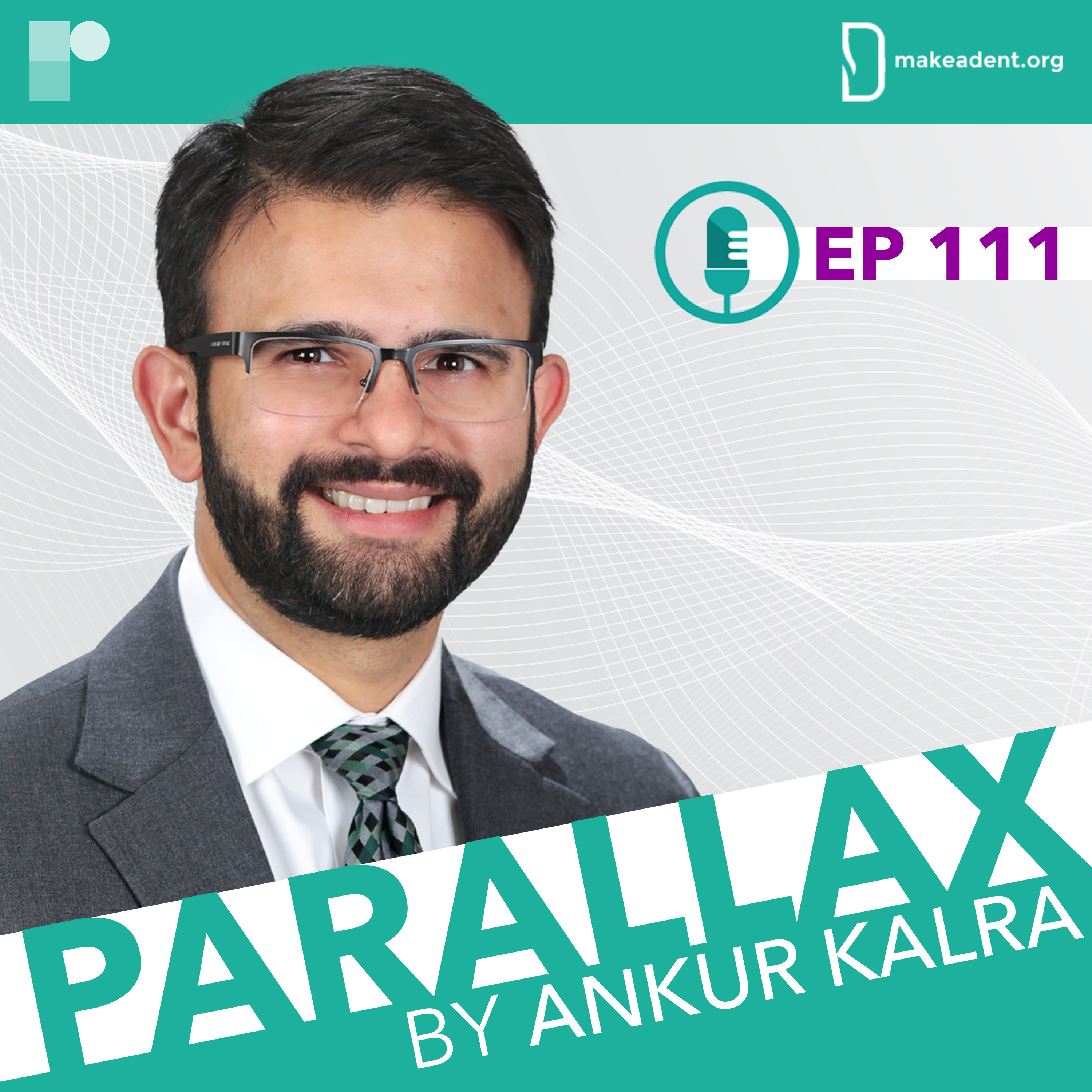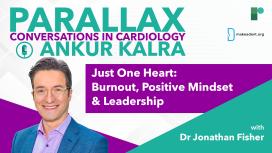
Dr Ankur Kalra’s guest this week is Dr Saraschandra Vallabhajosyula, Interventional and Critical Care Cardiologist, Assistant Professor of Medicine at the Warren Alpert Medical School of Brown University and the Director of the Cardiac Intensive Care Unit at Rhode Island Hospital, the Miriam Hospital and Lifespan Cardiovascular Institute. In this episode of Parallax, they delve into the latest insights from ACC.24 through the lens of five pivotal late-breaking trials.
Dr Vallabhajosyula offers a deep dive into the nuances of each study. Together, Dr Kalra and Dr Vallabhajosyula distil the complexities of these trials into key messages for practice, grounded in their own clinical experiences.
In the spotlight are five key trials:
1. DanGer Shock: Microaxial Flow Pump or Standard Care in Infarct-Related Cardiogenic Shock
2. RELIEVE-HF: Safety and effectiveness of the V-Wave® Ventura® Interatrial Shunt for the treatment of heart failure (HF)
3. PREVENT: Preventive PCI or medical therapy alone for vulnerable atherosclerotic coronary plaque
4. REDUCE AMI: Decreased usage of beta-blockers after acute myocardial infarction
5. ORBITA-COSMIC: Coronary sinus reducer for the treatment of refractory angina
Dr Kalra and Dr Vallabhajosyula dissect the practical implications of these trials, answering pressing questions and addressing emerging dilemmas. What are the key takeaways from ACC.24? How do these findings shape contemporary clinical practice?
Questions and comments can be sent to “podcast@radcliffe-group.com” and may be answered by Ankur in the next episode.
Guest: @SarasVallabhMD Host: @AnkurKalraMD and produced by: @RadcliffeCARDIO



US Cardiology Review journal, has recently seen a 7-fold increase in female editorial board members in response to journal-based strategic initiatives and the stellar work of USC editorial board leadership, Ankur Kalra (Editor in Chief) and Bill Gogas (Deputy Editor in Chief), who were keen to drive this change. With thanks to Dr Anastasia Mihailidou’s tenure as a new board member and her suggested nominees, ten new female board members have recently joined US Cardiology Review’s editorial board.

In this episode, Mike opens up about his childhood in Stilwell, Oklahoma. Ankur and Mike discuss how the inductive quality of art can complement the deductive principles of science. Mike recalls earlier stages of his career and warns about the blinding effect of the ego-driven, competitive culture of cardiology. Ankur asks Mike about fatherhood and about his role as an educator.
What does it mean to be fearless as a medical professional? How can you protect yourself from the emotional toll of the profession? What is Mike’s advice to early career cardiologists?
Sponsored by Edwards.

During her interventional cardiology fellowship, Dr Baron became fascinated by the implementation of novel technologies. She earned her degree in Clinical Epidemiology and spent a year working at the FDA’s Device Evaluation unit.
In 2019 Dr Baron presented the results of her late-breaking trial, COAPT. Ankur invites Suzanne to discuss the economic analysis of the study and to give a short introduction to cost-effectiveness analysis. Suzanne provides an overview of the trial and they talk about the importance of understanding the value and benefits of new devices from both the patient and the health-economic point of viewpoint.

How should you start building a research programme? What are Chuck Simonton’s thoughts on the relationship between doctors and the industry? What is Chuck’s message to young cardiologists?

After the #MedBikini campaign provoked by a misogynistic study that scrutinized female doctors’ social media posts, this episode is about creating a safer environment for female healthcare professionals.








